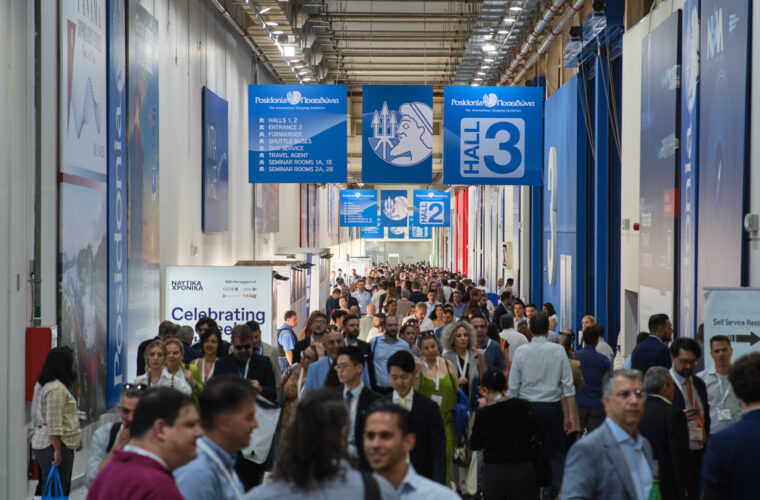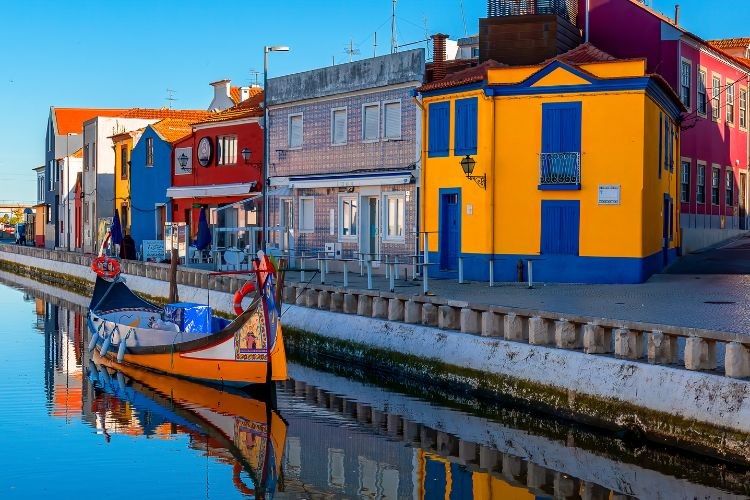Sustainable fashion: Fashion has always been essential to human development and civilization. Its creativity and relevance have made it central to various cultures. Civilizations such as the Ancient Egyptians, Romans, and even the ancient Chinese empires all had exquisite dresses and outfits to highlight different messages, symbolize power and technology, or look better.
Humans have always needed clothes. They are essential for our everyday lives and will never change. Fashion will stay relevant for a very long time to come, but the question is, how can we use fashion to benefit us and improve our lives?
Far in the future, when humans travel through space and colonize new planets, there may be a need for more advanced fabrics that look good or fashionable and have efficient use. They may be integrated with protective gear to ward off predators or protect us from harsh environments; they may even be able to clean themselves. This is all possible and an exciting frontier. However, we are far away from this, and sadly, today, the fashion industry is anything but practical.
The fashion industry needs to catch up even as global industries shift to more sustainable economic models. Fast fashion is a global phenomenon that has rapidly grown over the past 20 years. It has disastrous economic, social and environmental impacts that the industry does not want you to know about.

Fast fashion allows consumers to purchase new and cheap fashionable clothes in high street stores or online whenever they like. It answers the consumers’ needs and demands for trendy and affordable clothes. This mentality has led to consumers seeing clothes as a disposable commodity.
Here are some facts, according to Panaprium.com:
Fast fashion brands make over one million garments a day. Clothes are seven times cheaper than seventy years ago. Labor rights violations still occur every day in the USA. 85% of factories violate labor laws in Los Angeles alone. The world consumes over 80 billion garments annually. Cotton farming uses 16% of all insecticides. 1kg of cotton requires 3 kilograms of chemicals. Fast fashion uses 8,000 synthetic chemicals. About 60% of all clothing contains polyester, non-biodegradable plastic. Half a million tons of microfibers harm marine wildlife every year. Fast fashion generates 10% of all global carbon emissions.
These facts may be daunting and negative; however, they are not all bad. There has been an increase in consumer awareness about the heavy impact that the fashion industry has on the environment. This has led to specific movements against the fast fashion industry and increased popularity of more environmentally friendly options such as second-hand shops and second fashion.

One company that has really been leading the way in this movement is Patagonia. Recently Patagonia has been in the spotlight because its founder recently gave the company away without taking any profits and dedicating the company to environmental protection and awareness. Yvon Chouinard gave the company away to a trust that would use its profits to help fight the climate crisis. This sent shockwaves through the clothing industry and generated massive support for the company.
The tide is slowly changing in favor of more sustainable clothing options; however, it still needs to be mainstream. Large companies such as Zara and H&M are still hugely promoting and relying on this damaging way of working. But, the customer has a lot of power in this situation, and it is up to them to make the right decision about what they purchase. Otherwise, the industry will not change. So, the next time you shop, think twice about what piece of clothing you buy and where it has come from. How many kilos of chemicals or CO2 has it taken to produce?



